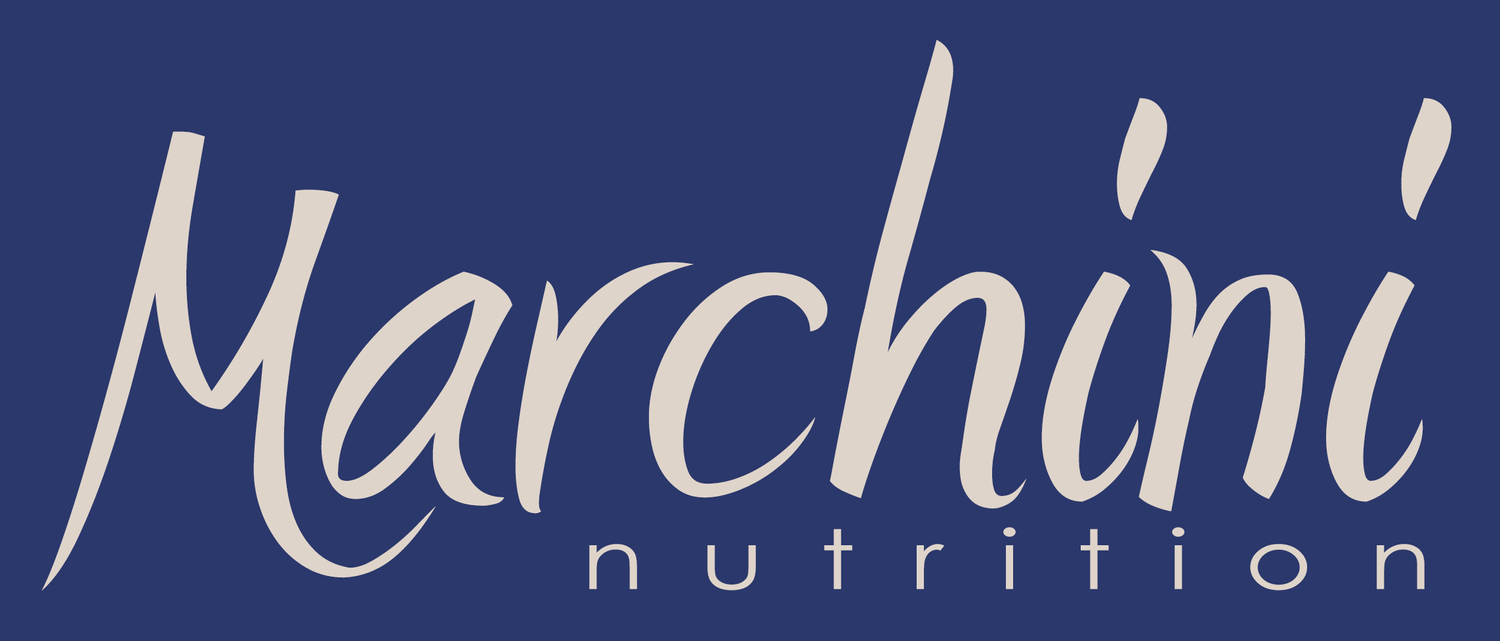Unlocking the Nutritional Power of a Gluten-Free Diet
5 Essential Vitamins and Minerals You Need and How to Obtain Them Naturally
In recent years the gluten-free diet has gained popularity among individuals with gluten sensitivity or coeliac disease. While this dietary choice offers relief and improved health for many, it's crucial to be aware of potential nutrient deficiencies that can occur due to the elimination of gluten-containing grains.
When it comes to gluten free products, many of the essential nutrients are missing from the foods and in addition if one has coeliac disease the nutrients found in these foods may not be fully absorbed – a double whammy! Especially when we consider that people may be considering starting or adding to their family, poor nutritional status is definitely not a good starting place.
Here we will explore key vitamins and minerals that may be lacking in a gluten-free diet and provide practical tips on how to obtain them naturally from your everyday meals.
Vitamin B12: Energise Your Body and Mind
Vitamin B12 plays a vital role in the formation of red blood cells, neurological function, and energy production. Unfortunately, many gluten-free products lack this essential vitamin. To ensure adequate B12 intake, incorporate animal-based foods such as lean meats, poultry, fish, and eggs into your diet. If you follow a vegetarian or vegan lifestyle, consider including fortified plant-based milk, breakfast cereals, or nutritional yeast.
Iron: Fuelling Your Body's Vital Functions
Iron deficiency is a common concern on a gluten-free diet. To boost your iron levels, include lean meats, poultry, and fish in your meals. Additionally, legumes, such as lentils and chickpeas, dark leafy greens like spinach and kale, and fortified gluten-free cereals can provide a significant amount of this vital mineral. Enhance iron absorption by combining these foods with vitamin C-rich options like citrus fruits or bell peppers.
Calcium: Building Strong Bones
People following a gluten-free diet are often at risk of calcium deficiency due to many also limiting dairy consumption. To ensure adequate calcium intake, focus on incorporating calcium-rich alternatives such as lactose free milk, fortified plant-based milk, calcium-set tofu, and fortified gluten-free cereals into your daily meals. Dark green vegetables like broccoli and kale, as well as canned fish with bones like salmon or sardines, can also contribute to meeting your calcium needs.
Fibre: Nourish Your Digestive Health
Gluten-free diets can sometimes be low in dietary fibre, which is essential for digestive health. Incorporate fibre-rich foods like fruits, vegetables, legumes, whole grains (such as quinoa and brown rice), nuts, and seeds into your gluten-free meals. These nutrient-dense choices not only provide fibre but also offer an array of other vitamins and minerals necessary for overall well-being.
The Gut Microbiome: Feeding Your Immunity
We also know that people who follow a gluten-free diet are likely to have an imbalanced gut microbiome which may have far reaching health detriment. Here we’re thinking about including plenty of gluten-free prebiotic foods such as legumes, other vegetables, nuts and fruits and cooked and cooled starches such as potato and rice which develop resistant starch in that process, allowing some of the starch to make it through to feed the good bacteria in the gut microbiome.
Other micronutrients that are often depleted in gluten-free diet and that are so important in fertility include folic acid, other B-vitamins, and iodine which are all fortified in wheat products, but not necessarily in gluten free products. Look out for the gluten free products that have been fortified in cereals and breads. They do exist, so keep your eyes open for them.
A gluten-free diet can be nutritionally balanced and provide all the essential vitamins and minerals your body needs. By including a variety of whole foods in your meals, you can ensure you're getting the nutrients necessary for optimal health. Remember, it's always best to obtain vitamins and minerals from your diet rather than relying on supplements. However, if you have specific concerns or conditions, consult an Accredited Practising Dietitian who can provide personalised guidance and help you achieve a well-rounded and nourishing gluten-free diet. Embrace the power of nutrition and savour the journey towards a healthier gluten-free lifestyle.
Accredited Practising Dietitian and Certified Fertility Dietitian, Sally Marchini of Marchini Nutrition, has type 1 diabetes and coeliac disease herself and is passionate about supporting others with these and other chronic conditions. You can follow her on her Instagram account @Marchini.Nutrition, Facebook page Marchini Nutrition, and in her closed support group Be Well Gluten Free


